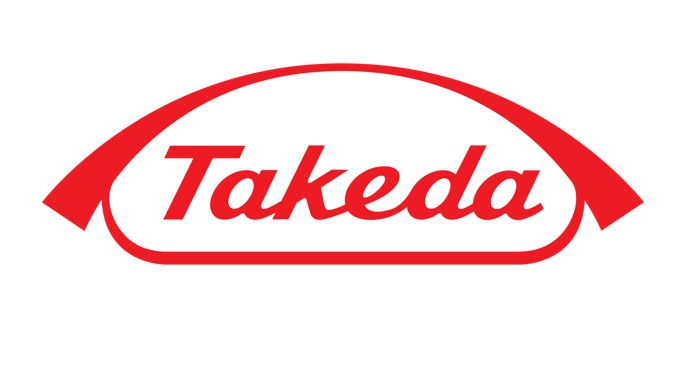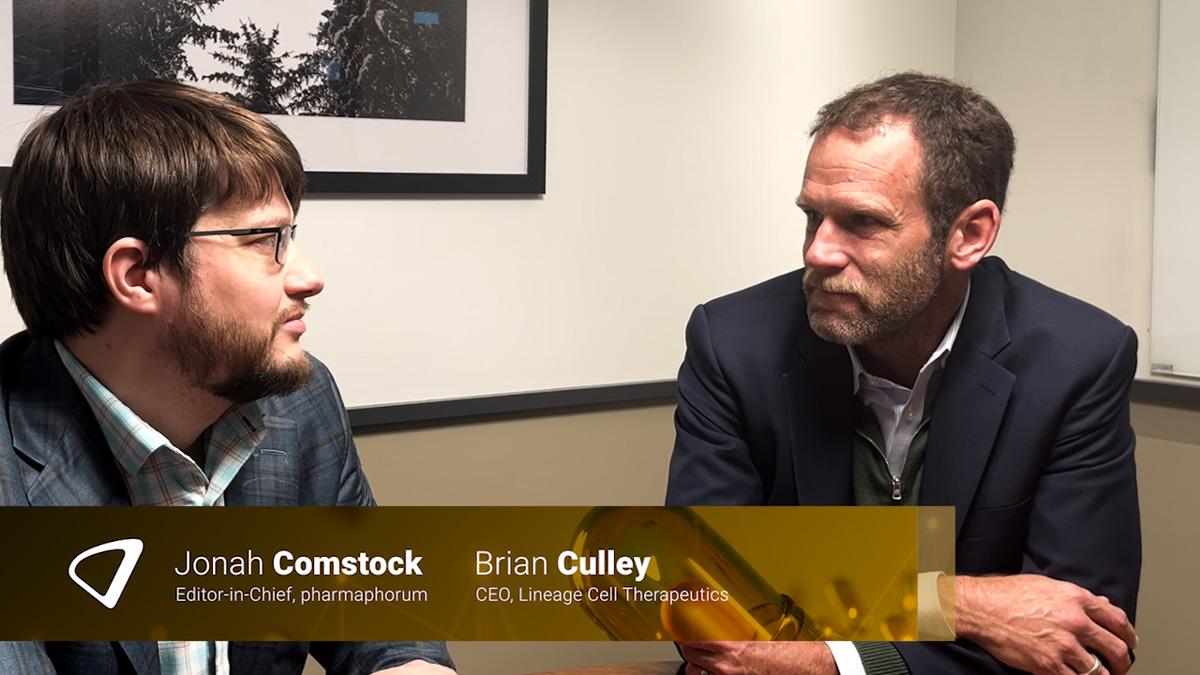Takeda buys GammaDelta to boost cancer cell therapy credentials

Japanese drugmaker Takeda has said it will exercise its option to buy UK-based GammaDelta Therapeutics, a specialist in 'off-the-shelf' cell therapies for solid tumours and blood cancers.
The two companies have been working together since 2017, with Takeda pledging $100 million to help GammaDelta advance its cell therapy platform as part of a "build-to-buy" arrangement.
The Abingworth-backed biotech is developing therapies based on the unique properties of gamma delta (γδ) T cells, a class of lymphocytes that play a role in a host of immune responses and immunopathologies.
GammaDelta maintains that its T cells represent a next generation of immunotherapy treatments, potentially being highly potent and target-specific with fewer safety concerns compared to current cell therapies such as CAR-Ts.
Takeda must have liked what it has seen in the intervening four years, and will now claim full control of the γδ platform, including lead candidate GDX012 which started a phase 1 trial in patients with acute myeloid leukaemia (AML) last month.
The dose-ranging trial – which is bring run in the US – will involve 28 patients with minimal residual disease-positive AML and is due to complete in 2023.
GDX012 is from a subset of γδ cells known as variable delta 1 (Vδ1) that specifically recognise and are activated by molecular patterns of dysregulation on cancer cells, according to the UK biotech.
The platform stems from research funded in part by Cancer Research UK and conducted by Professor Adrian Hayday and Dr Oliver Nussbaumer, at King’s College London and the Francis Crick Institute, and Professor Bruno Silva-Santos at the University of Lisbon.
Takeda is paying a pre-negotiated upfront payment, as well as potential development and regulatory milestones, but hasn’t revealed the size of the deal, which is scheduled to complete in its 2022 fiscal year.
"We're committed to developing cell therapies that will have an impact on large segments of patients by focusing on off-the-shelf, allogeneic cell therapies that are highly accessible and have the potential to address solid tumours," said Christopher Arendt, who heads Takeda's oncology cell therapy division.
He added that γδT cell-based therapies "represent a differentiated approach to target both solid tumours and haematological malignancies."
GammaDelta is the latest in a string of cell therapy acquisitions for Takeda, coming after it bought stem cell specialist TiGenix and T-cell engager company Maverick Therapeutics – the latter another 'build-to-buy' project – and formed an alliance with Immusoft focusing on neurometabolic disorders.
It has also forged ties with academic groups at MD Anderson and Memorial Sloan Kettering in the US.












